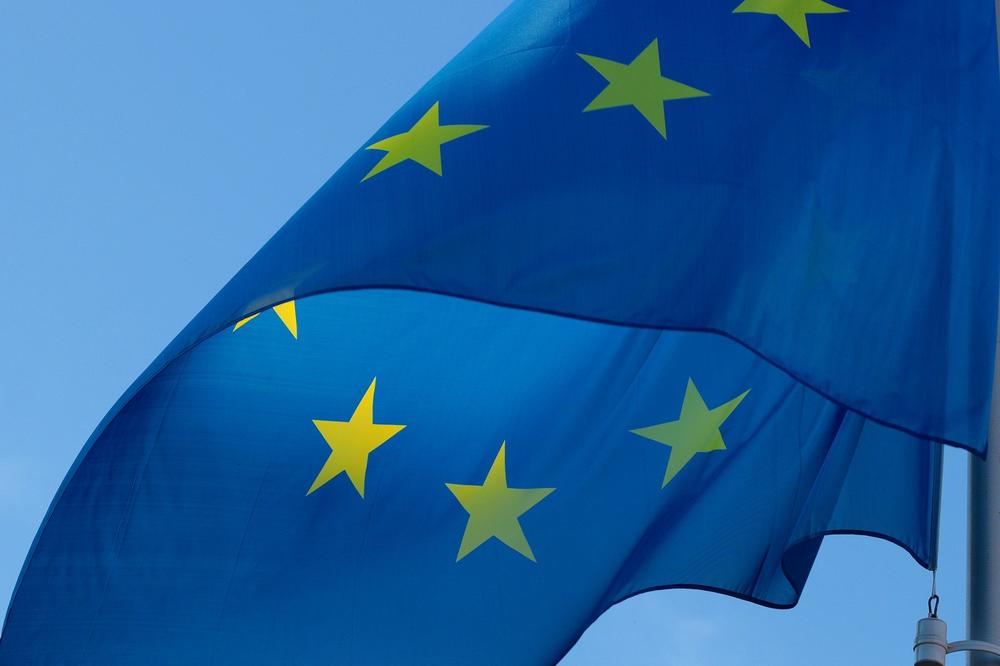Strengthening Research Collaboration in Europe
University alliance UNA Europa funds 12 new joint research projects
Jun 11, 2020
With seed funding, the Una Europa university alliance is providing incentives for long-term cooperation among its partners in Europe.
Image Credit: S. Hermann & F. Richter/pixabay.com
From the colors of the Middle Ages to DNA nanostructures as targeted pharmaceuticals to CO2 cut-off in waste incineration: research projects from very different disciplines have won start-up funding from Una Europa, an alliance of eight European universities. In the first round of the Una Europa Seed Funding competition, 12 new research projects will receive seed funding.
“Overall, we are very satisfied,” says Dr. Herbert Grieshop, Director of International Affairs at Freie Universität, who oversaw the competition with Emily Palmer, Secretary General of Una Europa. “This first funding round indicates that this format acts as a kind of seismograph for the common research interests of researchers among the Una Europa partners.” A total of 39 projects were submitted. “Many more of these projects would have been worthy of funding,” says Emily Palmer. Thematically, the projects were very diverse and covered almost all disciplines.
A selection committee consisting of members of all the Una Europa universities made the funding decisions on a competitive basis. The most important criteria were the academic quality of the project, the long-term impact, and the potential for implementation. “An important factor was also how many Una Europa partner universities are involved – the more, the better,” explains Herbert Grieshop. Overall, he said it was impressive to see how many well-founded and innovative research ideas were created or expanded within the framework of the network in a short period of time. The call for proposals ran over three months.
Two of the twelve projects involve researchers from all eight Una Europa universities at once. One of them will address the topic of health risks in connection with climate change and urbanization: “One Health as an emerging focus area for Una Europa” (UNA-OH). The participating researchers from different fields aim to promot further developments in research, education, and technology transfer with regard to the topic of “One Health” in order to combat new health risks in the increasingly globalized industrial societies. The background of the project, the spread of emerging infectious diseases and resistance to antimicrobial agents, could not be more topical.
The “One Health” project will be launched simultaneously with the launch of the fifth Focus Area of Una Europa. The other four Focus Areas are Sustainability, Cultural Heritage, European Studies, and Data Science and Artificail Intelligence.
The second project involving the entire network deals with the dialogue between political decision makers and researchers. The seed funding will be used to set up an interdisciplinary Una Europa research group on the topic of global governance.
Una Europa consists of eight leading research universities in Europe that have come together to create a unique alliance, a truly European inter-university environment, where outstanding research is linked to transnational learning and innovative, critical thinking. Besides Freie Universität, the other universities are located in Bologna, Edinburgh, Helsinki, Krakau, Leuven, Madrid, und Paris. The seed funding competition is to take place once a year. It is open to researchers from the participating universities. The next application period for projects in 2021 is expected to open in late July 2020.
“With the seed funding we aim to incentivize long-term cooperation within the Una Europa alliance,” says Emily Palmer. The initiators also hope that this competition will lead to new forms of cooperation. For the second funding call, the procedure will be adjusted slightly based on the experiences with the first pilot call. “It has become apparent that the contexts and associated requirements and conventions at the universities are very different,” notes Herbert Grieshop. For example, the projects were difficult to compare in terms of budget planning. “We are therefore looking into simplifying the financial processes.”

